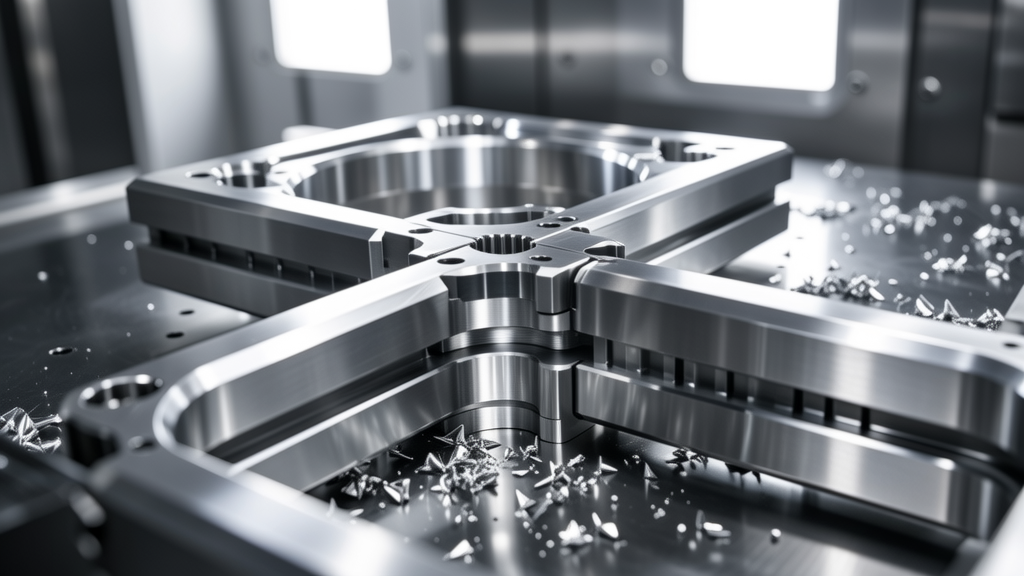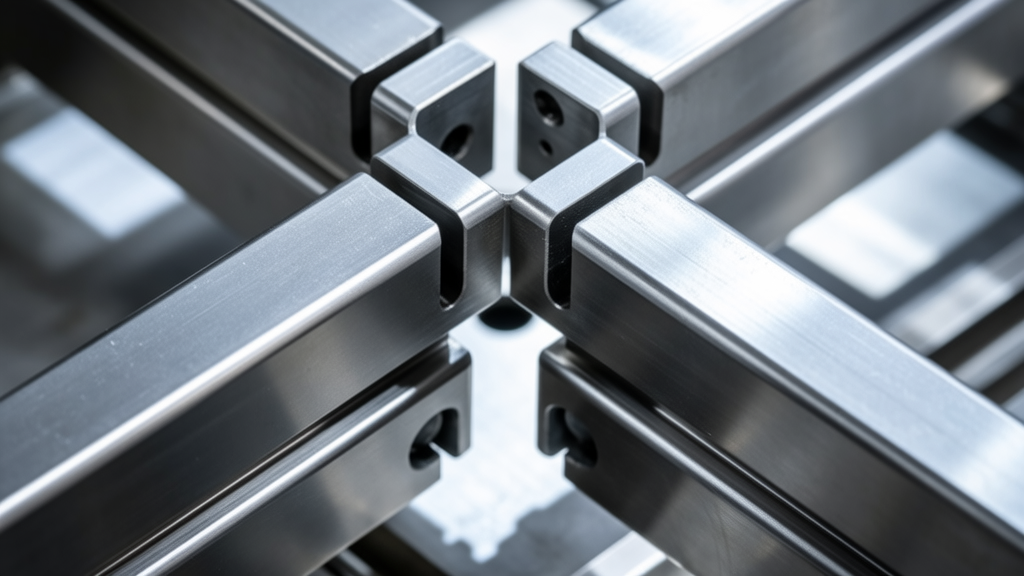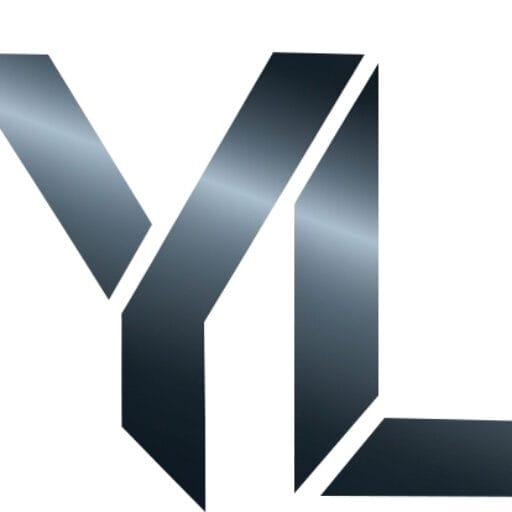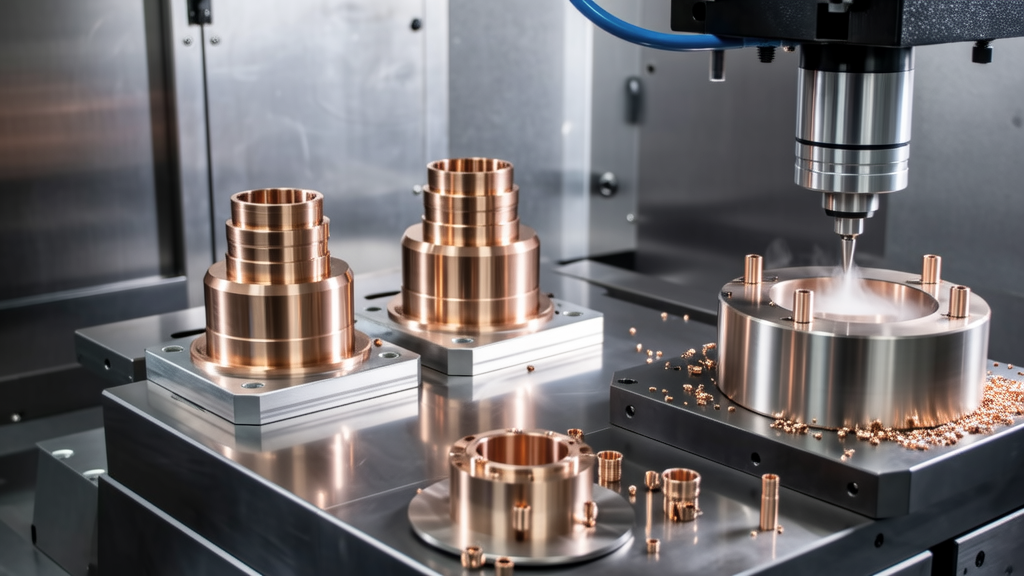Understanding Design Protection in CNC Machining
When you send your design files to a CNC machining manufacturer, the first step they take is to implement strict data management protocols. This means using secure data transfer methods to minimize the risk of unauthorized access. Manufacturers like ly-machining are diligent in using encrypted communication channels to ensure that your designs are protected from the moment they are submitted.
Plus, there are robust internal policies to limit access to sensitive files. I’ve seen firsthand how some manufacturers enforce access control, allowing only authorized personnel to view your designs. This reduces the chances of leaks or misuse, which is a significant concern for businesses looking to protect their intellectual assets. For additional peace of mind, many firms also request signed non-disclosure agreements (NDAs) from everyone involved in the machining process, providing a legal safeguard for your designs.
Technology Implemented for Design Security
You might be wondering about the technology involved. Many stainless steel CNC machining facilities utilize advanced software that monitors any access or modifications to your design files. I remember a case where a friend partnered with a manufacturer that used state-of-the-art tracking systems. It gave them access to real-time data about who accessed which files and when, making it easy to maintain accountability.
Moreover, manufacturers are increasingly employing cyber security measures to protect design files against cyber threats. Just like in the tech industry, CNC machining houses have started investing in firewalls, malware protection, and vulnerability assessment tools to ensure that their systems are not easily penetrated. Having these safeguards in place ensures that any sensitive information remains confidential.
Risk Management and Compliance
In any industrial process, risk management is crucial. For CNC machining businesses, this means being compliant with industry standards and regulations regarding intellectual property protection. Many manufacturers dedicate resources to regularly review and update their compliance policies in alignment with both local and international laws.
For instance, certifications like ISO 9001 often demand rigorous quality and documentation processes, which ultimately enhance your protection as a client. When a manufacturer is ISO-certified, you can typically trust that they follow best practices in managing design confidentiality and have strong risk mitigation strategies in place.
Steps You Can Take
If you’re an engineer or a purchasing manager, you may be wondering what steps you can take to further safeguard your designs. I recommend conducting thorough due diligence when selecting a CNC machining partner.

By following these steps, you can create a mutually beneficial relationship with your machining partner while ensuring your designs are well protected.
Conclusion
It’s reassuring to know that stainless steel CNC machining manufacturers take serious measures to protect your designs. From secure data handling to compliance with industry standards, they invest in various technologies and practices designed to keep your intellectual property safe. By partnering with a reputable manufacturer, you not only gain quality machining services but also the peace of mind that comes from knowing your designs are in good hands. If you’ve ever struggled with design security, now’s the time to engage with CNC machining providers that prioritize safeguarding your ideas, just like ly-machining.
Here’s a brief comparison of common security measures implemented by CNC machining manufacturers:
| Security Measure | Description | Effectiveness |
|---|---|---|
| Data Encryption | Protects files during transfer | High |
| Access Control | Limits who can view designs | Medium |
| Non-Disclosure Agreements | Legally binds parties to confidentiality | High |
| Cyber Security Protocols | Protects against cyber threats | High |
The right techniques and partners can truly make a difference when it comes to design security.
What are the key measures to protect design files in CNC machining?
To protect your design files, manufacturers implement secure data transfer methods and utilize encrypted communication channels. These steps minimize the risk of unauthorized access and ensure your designs are safe from the start.
Additionally, internal policies are established that limit who can access sensitive files. Only authorized personnel can view your designs, significantly reducing the chances of any leaks or misuse.

How does technology enhance design security in CNC machining?
Technology plays a vital role in enhancing design security. Many CNC machining facilities use sophisticated software to monitor access to your design files. This means you can see who accessed your files, further ensuring accountability.
Moreover, manufacturers often implement cyber security measures like firewalls and malware protection to fend off potential cyber threats, keeping your intellectual property secure.
Why is risk management important in CNC machining?
Risk management is essential because it helps manufacturers comply with industry standards and regulations related to intellectual property protection. Being compliant means you can trust that your designs are handled according to established best practices.
Many manufacturers commit resources to regularly review and update their compliance policies, aligning them with both local and international laws, which further protects your valuable assets.
What steps can I take to ensure my designs are protected?
As a purchasing manager or engineer, you can conduct thorough research when selecting a CNC machining partner. Ask them about their security certifications and data protection policies, and verify how they control access to your designs.
Engaging in a clear understanding of legal measures, such as non-disclosure agreements, can also bolster the protection of your intellectual property throughout the manufacturing process.
How do non-disclosure agreements (NDAs) work in design protection?
Non-disclosure agreements are legally binding documents that ensure all parties involved in the manufacturing process are committed to keeping your designs confidential. They can act as a strong deterrent against unauthorized sharing of your intellectual property.
By using NDAs, you gain extra reassurance that your designs won’t be disclosed to third parties, providing a layer of legal security that is essential in today’s manufacturing environment.



